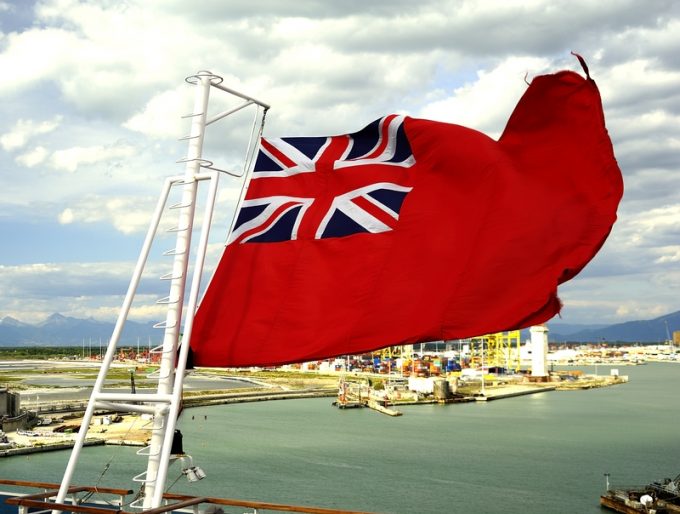USTR fees will lead to 'complete destabilisation' of container shipping alliances
The USTR fees for China-built shipping threaten a “complete destabilisation” of the ocean alliances, as ...

Uncertainty around Brexit may be making its mark, but the loss of vessels this year from the UK Ship Register may also be due to the requirement for vessel operators to comply with EU maritime regulations.
According to figures from vesselsvalue.com (VV) obtained by The Loadstar, 234 vessels have reflagged from the UK since the start of the year, including 53 containerships.
Chief operating officer at VV Adrian Economakis told The Loadstar this equated to a 9% reduction, and was equivalent to a ...
Maersk u-turn as port congestion increases across Northern Europe
Apple logistics chief Gal Dayan quits to join forwarding group
Maersk Air Cargo sees volumes fall as it aims for 'margin in favour of revenue'
Airlines slash freighter capacity post-de minimis, but 'the worst is yet to come'
Houthis tell Trump they will end attacks on Red Sea shipping
Transpac rates hold firm as capacity is diverted to Asia-Europe lanes
MSC revamps east-west network as alliance strategies on blanking vary
India-Pakistan 'tit-for-tat' cargo ban sparks sudden supply chain shocks

Comment on this article